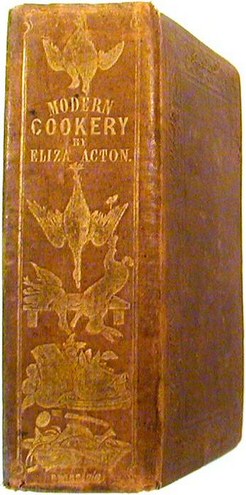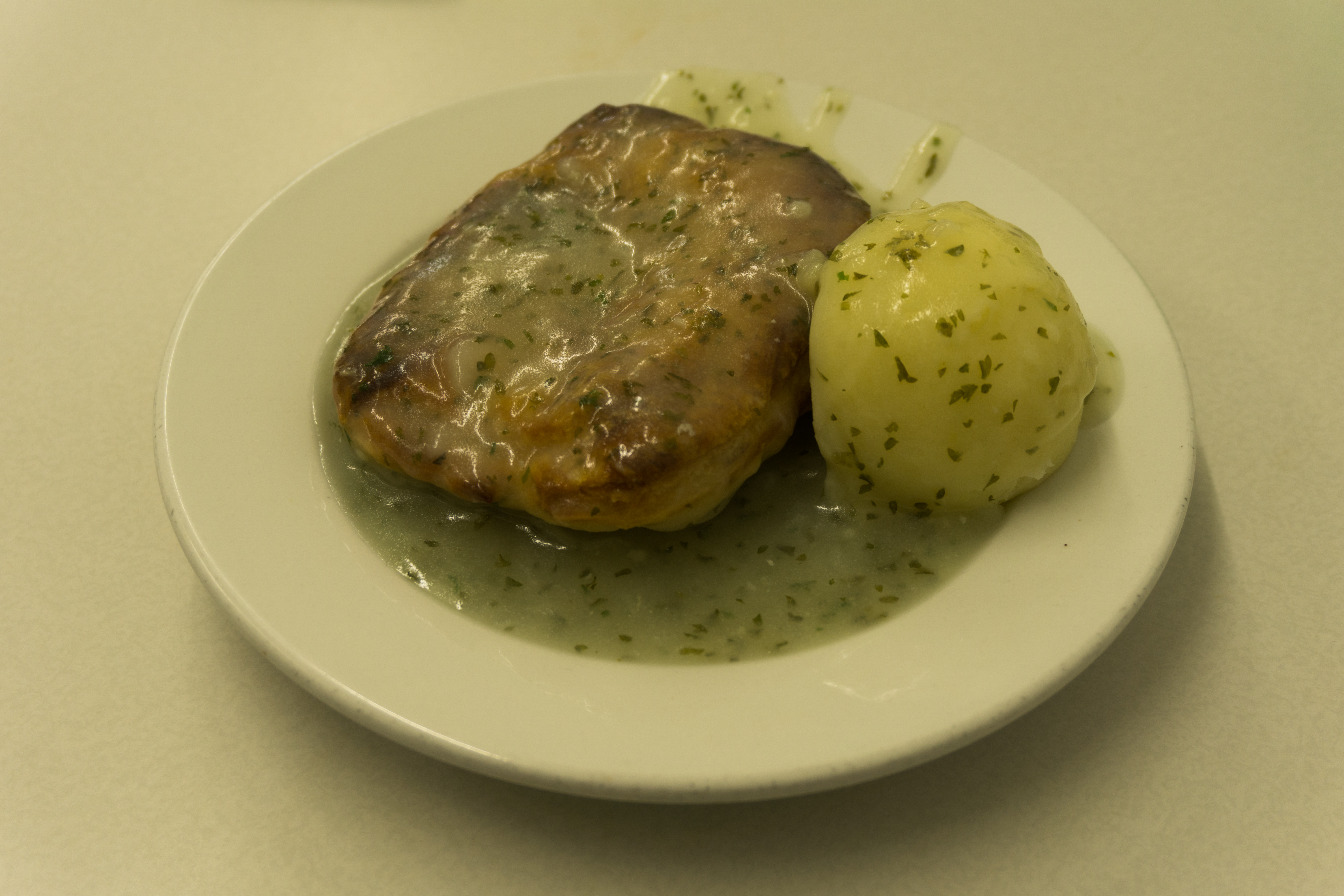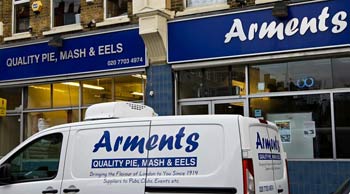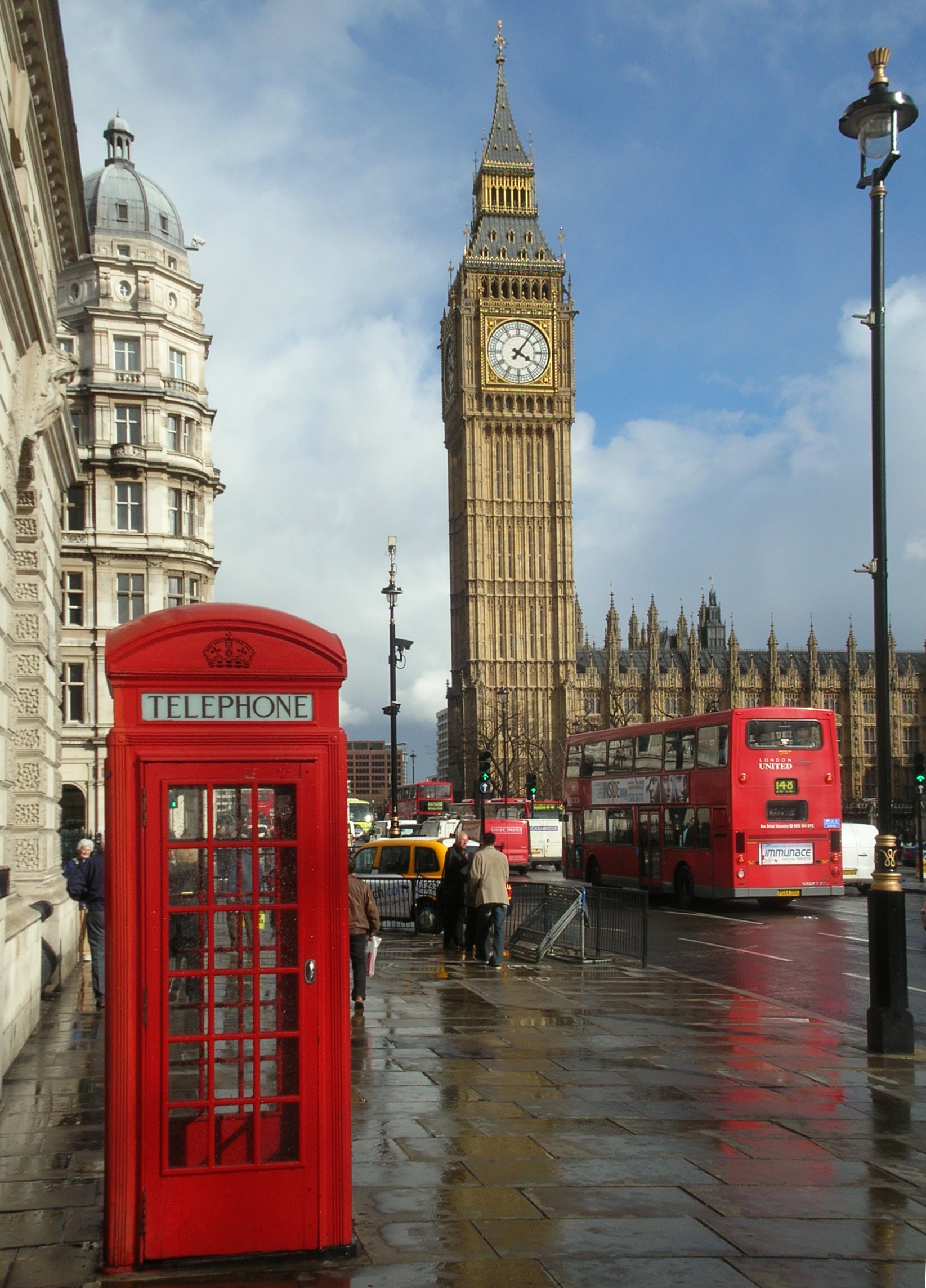|
Chilli Vinegar
Chilli vinegar is a variety of malt vinegar infused with chopped or whole chilli peppers, which originates from and is most popular in and around the British capital city, London. Many recipes in Eliza Acton's 1845 book Modern Cookery for Private Families contain chilli vinegar as an ingredient. Chilli vinegar is commonly used on foods associated with London's Cockney culture including pie and mash, jellied eels Jellied eels are a traditional English dish that originated in the 18th century, primarily in the East End of London. The dish consists of chopped eels boiled in a spiced stock that is allowed to cool and set, forming a jelly. It is usually s ..., and other seafood served from the once ubiquitous fish stalls in the East End of London. References External linksChilli vinegar recipe at epicurious.com {{portal bar, Food Chili sauce and paste Culture in London English cuisine Vinegar ... [...More Info...] [...Related Items...] OR: [Wikipedia] [Google] [Baidu] |
Vinegar
Vinegar is an aqueous solution of acetic acid and trace compounds that may include flavorings. Vinegar typically contains 5–8% acetic acid by volume. Usually, the acetic acid is produced by a double fermentation, converting simple sugars to ethanol using yeast, and ethanol to acetic acid by acetic acid bacteria. Many types of vinegar are available, depending on source materials. It is now mainly used in the culinary arts as a flavorful, acidic cooking ingredient, or in pickling. Various types are used as condiments or garnishes, including balsamic vinegar and malt vinegar. As the most easily manufactured mild acid, it has a wide variety of industrial and domestic uses, including use as a household cleaner. Etymology The word "vinegar" arrived in Middle English from Old French (''vyn egre''; sour wine), which in turn derives from Latin: ''vinum'' (wine) + ''acer'' (sour). Chemistry The conversion of ethanol (CH3CH2OH) and oxygen (O2) to acetic acid (CH3COOH) takes plac ... [...More Info...] [...Related Items...] OR: [Wikipedia] [Google] [Baidu] |
Chili Pepper
Chili peppers (also chile, chile pepper, chilli pepper, or chilli), from Nahuatl '' chīlli'' (), are varieties of the berry-fruit of plants from the genus ''Capsicum'', which are members of the nightshade family Solanaceae, cultivated for their pungency. Chili peppers are widely used in many cuisines as a spice to add "heat" to dishes. Capsaicin and related compounds known as capsaicinoids are the substances giving chili peppers their intensity when ingested or applied topically. While ''chili peppers'' are (to varying degrees) pungent or "spicy", there are other varieties of capsicum such as bell peppers (UK: peppers) which generally provide additional sweetness and flavor to a meal rather than “heat.” Chili peppers are believed to have originated somewhere in Central or South America. and were first cultivated in Mexico. After the Columbian Exchange, many cultivars of chili pepper spread around the world, used for both food and traditional medicine. This led to a ... [...More Info...] [...Related Items...] OR: [Wikipedia] [Google] [Baidu] |
London
London is the capital and largest city of England and the United Kingdom, with a population of just under 9 million. It stands on the River Thames in south-east England at the head of a estuary down to the North Sea, and has been a major settlement for two millennia. The City of London, its ancient core and financial centre, was founded by the Romans as '' Londinium'' and retains its medieval boundaries.See also: Independent city § National capitals The City of Westminster, to the west of the City of London, has for centuries hosted the national government and parliament. Since the 19th century, the name "London" has also referred to the metropolis around this core, historically split between the counties of Middlesex, Essex, Surrey, Kent, and Hertfordshire, which largely comprises Greater London, governed by the Greater London Authority.The Greater London Authority consists of the Mayor of London and the London Assembly. The London Mayor is distinguished fr ... [...More Info...] [...Related Items...] OR: [Wikipedia] [Google] [Baidu] |
Eliza Acton
Eliza Acton (17 April 1799 – 13 February 1859) was an English food writer and poet who produced one of Britain's first cookery books aimed at the domestic reader, ''Modern Cookery for Private Families''. The book introduced the now-universal practice of listing ingredients and giving suggested cooking times for each recipe. It included the first recipes in English for Brussels sprouts and for spaghetti. It also contains the first recipe for what Acton called "Christmas pudding"; the dish was normally called plum pudding, recipes for which had appeared previously, although Acton was the first to put the name and recipe together. Acton was born in 1799 in Sussex. She was raised in Suffolk where she ran a girls' boarding school before spending time in France. On her return to England in 1826 she published a collection of poetry and released her cookery book in 1845, aimed at middle class families. Written in an engaging prose, the book was well received by reviewers. It ... [...More Info...] [...Related Items...] OR: [Wikipedia] [Google] [Baidu] |
Modern Cookery For Private Families
''Modern Cookery for Private Families'' is an English cookery book by Eliza Acton. It was first published by Longmans in 1845, and was a best-seller, running through 13 editions by 1853, though its sales were later overtaken by Mrs Beeton. On the strength of the book, Delia Smith called Acton "the best writer of recipes in the English language", while Elizabeth David wondered why "this peerless writer" had been eclipsed by such inferior and inexperienced imitators. It was one of the first cookery books to provide lists of ingredients, exact quantities, and cooking times, and to include Eastern recipes for chutneys. The book was well received on its first appearance; critics thought it the best cookery book they had seen, combining as it did clarity of instructions with excellent organisation. Acton's recipes and writing style have been admired by cooks including Bee Wilson, Elizabeth David, Delia Smith and Jane Grigson; Clarissa Dickson Wright praises her writing but criticises ... [...More Info...] [...Related Items...] OR: [Wikipedia] [Google] [Baidu] |
Cockney
Cockney is an accent and dialect of English, mainly spoken in London and its environs, particularly by working-class and lower middle-class Londoners. The term "Cockney" has traditionally been used to describe a person from the East End, or born within earshot of Bow Bells, although it most commonly refers to the broad variety of English native to London. Estuary English is an intermediate accent between Cockney and Received Pronunciation, also widely spoken in and around London, as well as in wider southeastern England. In multicultural areas of London, the Cockney dialect is, to an extent, being replaced by Multicultural London English—a new form of speech with significant Cockney influence. Words and phrases Etymology of Cockney The earliest recorded use of the term is 1362 in passus VI of William Langland's ''Piers Plowman'', where it is used to mean "a small, misshapen egg", from Middle English ''coken'' + ''ey'' ("a cock's egg"). Concurrently, the mythical land of l ... [...More Info...] [...Related Items...] OR: [Wikipedia] [Google] [Baidu] |
Pie And Mash
Pie and mash is a traditional working-class food, originating in the Docks of London. It typically consists of a minced beef pie, mashed potato and a parsley sauce known as liquor. Pie, mash and eel shops have been in London since the 19th century, and are still common in East and South London, and in many parts of Kent and Essex. The shops may also serve stewed or jellied eels. History During the Victorian era, industrial air pollution tended to be worse in the east and southeast of London because of the prevailing westerly wind, with the result that the East End was settled more by the working classes, while the western part of the city was home to higher social classes. The savoury pie had long been a traditional food, and its small handsized form also made it a transportable meal, protected from dirt by its cold pastry crust, and filled with cheap minced meat, usually mutton. Jellied eels are often associated with pie and mash, as European eels cooked in gelatine also bec ... [...More Info...] [...Related Items...] OR: [Wikipedia] [Google] [Baidu] |
Jellied Eels
Jellied eels are a traditional English dish that originated in the 18th century, primarily in the East End of London. The dish consists of chopped eels boiled in a spiced stock that is allowed to cool and set, forming a jelly. It is usually served cold. History Eels were historically a cheap, nutritious, and readily available food source for the people of London; European eels were once so common in the Thames that nets were set as far upriver as London itself, and eels became a staple for London's poor. The earliest known eel, pie and mash houses opened in London in the 18th century, and the oldest surviving shop, M Manze, has been open since 1902. At the end of the Second World War, there were around 100 eel, pie and mash houses in London. In 1995, there were 87. In the present day, there are relatively few eel, pie and mash shops still in existence, although jellied eels are sold in some of the capital's delicatessen shops and supermarkets. The water quality of the Thames ... [...More Info...] [...Related Items...] OR: [Wikipedia] [Google] [Baidu] |
East End Of London
The East End of London, often referred to within the London area simply as the East End, is the historic core of wider East London, east of the Roman and medieval walls of the City of London and north of the River Thames. It does not have universally accepted boundaries to the north and east, though the River Lea is sometimes seen as the eastern boundary. Parts of it may be regarded as lying within Central London (though that term too has no precise definition). The term "East of Aldgate Pump" is sometimes used as a synonym for the area. The East End began to emerge in the Middle Ages with initially slow urban growth outside the eastern walls, which later accelerated, especially in the 19th century, to absorb pre-existing settlements. The first known written record of the East End as a distinct entity, as opposed to its component parts, comes from John Strype's 1720 ''Survey of London'', which describes London as consisting of four parts: the City of London, Westminster, So ... [...More Info...] [...Related Items...] OR: [Wikipedia] [Google] [Baidu] |
Chili Sauce And Paste
Chili sauce and chili paste are condiments prepared with chili peppers. Chili sauce may be Scoville scale, hot, Sweetness, sweet or a combination thereof, and may differ from hot sauce in that many sweet or mild varieties exist, which is typically lacking in hot sauces. Several varieties of chili sauce include Sucrose, sugar in their preparation, such as the Thai sweet chili sauce and Filipino ''agre dulce'', which adds sweetness to their flavor profile.'' Handbook of Vegetable Preservation and Processing'' pp. 162–164.''The Asian Grocery Store Demystified'', Linda Bladholm pp. 58–61 ... [...More Info...] [...Related Items...] OR: [Wikipedia] [Google] [Baidu] |
Culture In London
The culture of London concerns the music, museums, festivals and lifestyle within London, the capital city of the United Kingdom. London has frequently been described as a global cultural capital and is one of the world's leading business centres, renowned for its technological readiness and economic clout, as well as attracting the most foreign investment of any global city. As such, London has often been ranked as the world's capital city. The city is particularly renowned for its theatre quarter, and its West End theatre district has given the name to "West End theatre", the strand of mainstream professional theatre staged in the large theatres in London. London is also home to notable cultural attractions such as the British Museum, the Tate Galleries, the National Gallery, the Notting Hill Carnival and The O2. Through music, comedy and theatre, London has a lively nightlife with approximately 25.6 events per thousand people, 44.1% of those events being theatre based. A ... [...More Info...] [...Related Items...] OR: [Wikipedia] [Google] [Baidu] |










